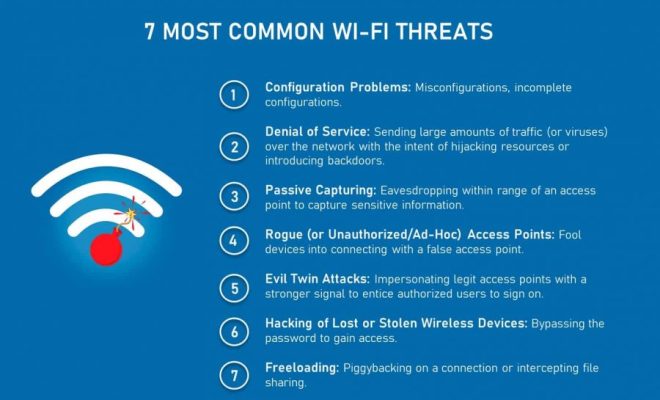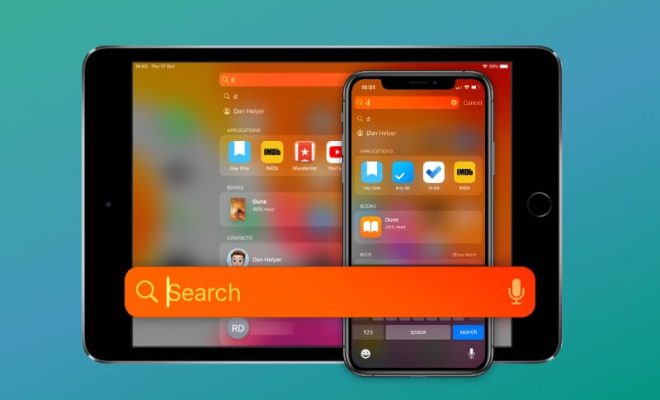What is Telemetry?
Telemetry is the process of collecting data and transmitting it to a remote location where it can be analyzed and used to make decisions based on the data. The word “telemetry” comes from the Greek words “tele” meaning “remote” and “metron” meaning “measure.” Telemetry systems are used in a variety of applications, including spacecraft, medical monitoring, and industrial process control.
The concept of telemetry has been around for centuries. In the late 1800s, scientists used balloons to collect data on atmospheric pressure, temperature, and humidity. The data was then sent down to the ground using telegraph lines. In the early 1900s, radio telemetry was developed, allowing data to be transmitted wirelessly.
Today, telemetry systems use a variety of communication methods, including cellular networks, satellite communications, and radio waves. The data collected by telemetry systems can be used for a variety of purposes, ranging from scientific research to product development.
In the field of space exploration, telemetry is used to gather data from spacecraft and transmit it back to Earth. This data can include information on the spacecraft’s position, velocity, and orientation, as well as data on the environment in which it is operating, such as radiation levels and temperature.
Telemetry is also used in medical monitoring to track the vital signs of patients. For example, telemetry systems are used to monitor the heart rate and rhythm of patients in intensive care units. The data collected by these systems can be used to detect changes in the patient’s condition and alert medical staff if necessary.
In the field of industrial process control, telemetry is used to monitor and control production processes. For example, telemetry systems are used in oil refineries to monitor the pressure, temperature, and flow rates of various fluids in the refining process. This data can be used to adjust the process in real-time and optimize production efficiency.
Telemetry has become an essential tool for collecting and transmitting data in many industries. The ability to collect and analyze data in real-time allows for better decision-making and improved performance. As technology continues to advance, telemetry systems will continue to play an important role in many fields.






